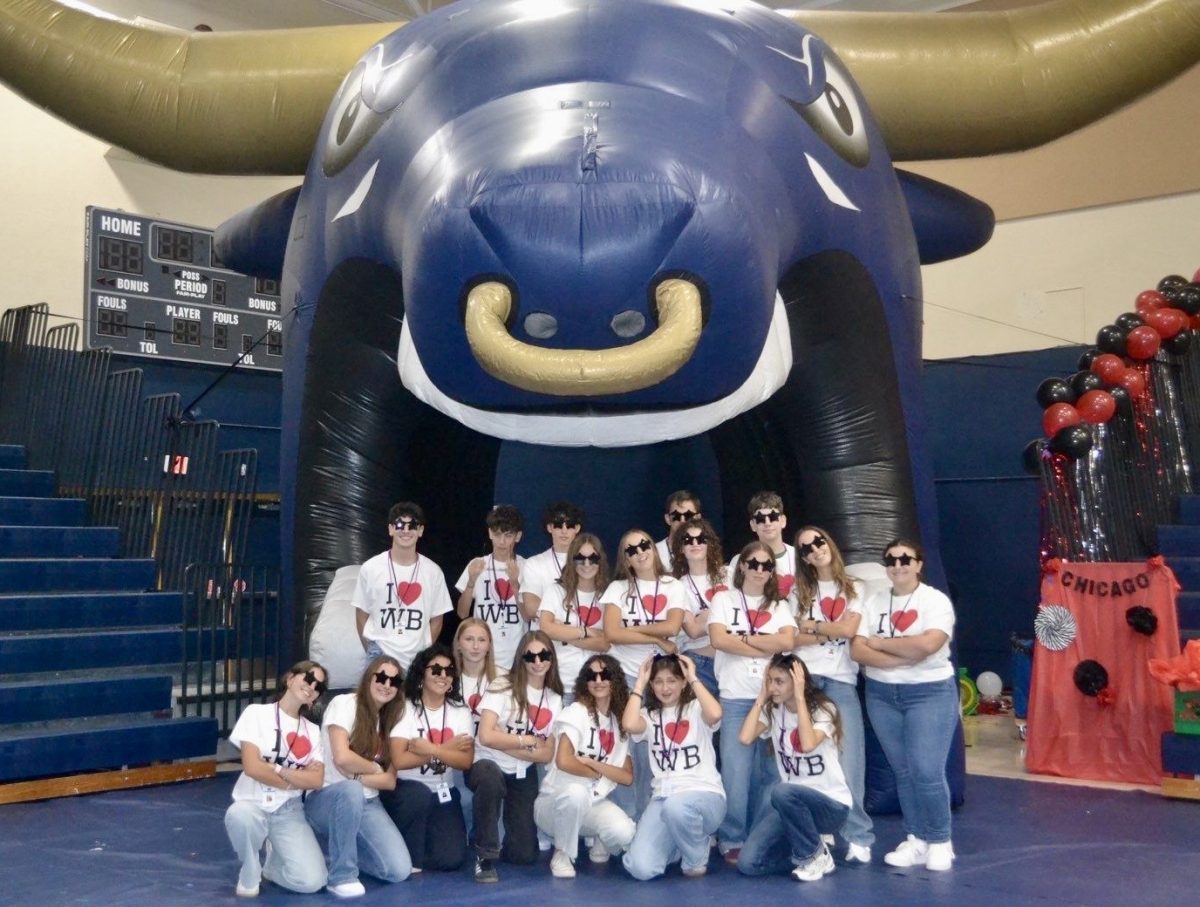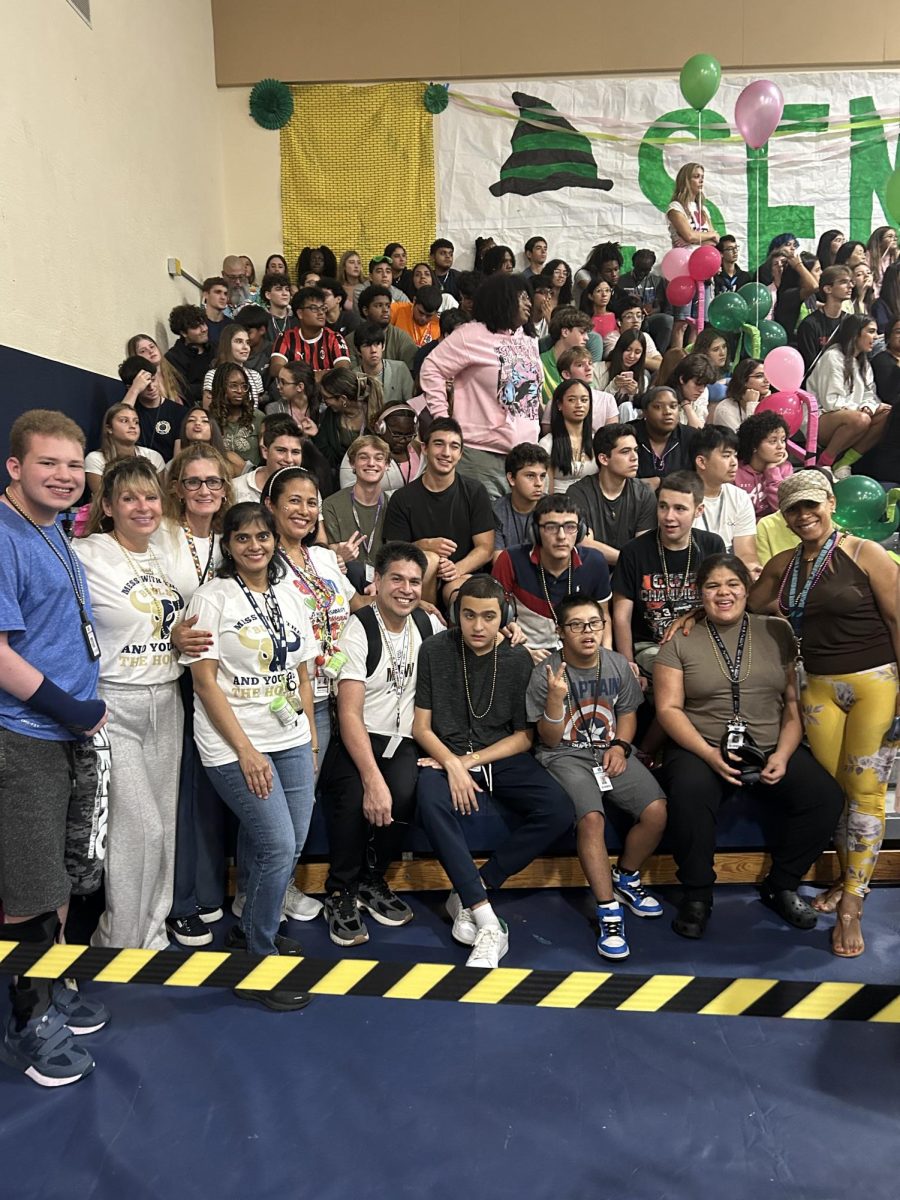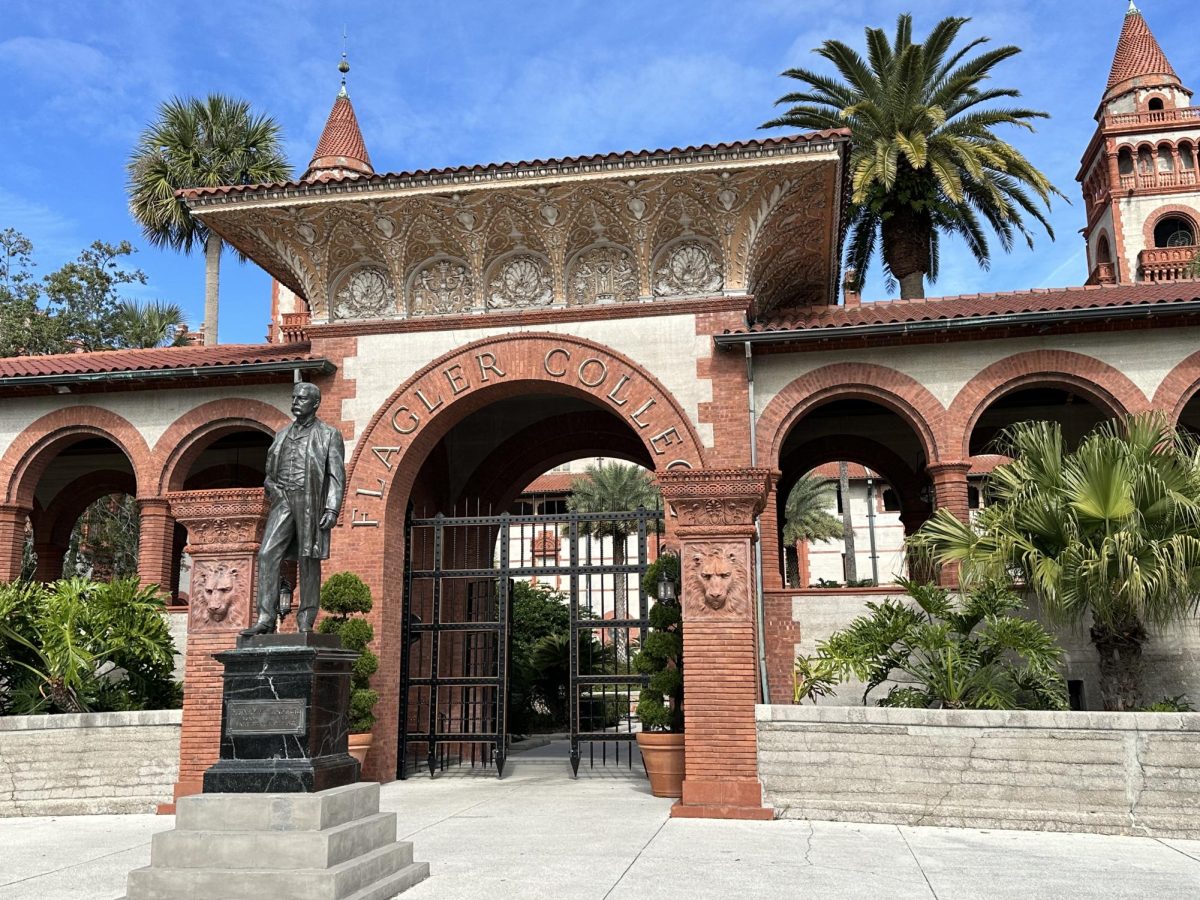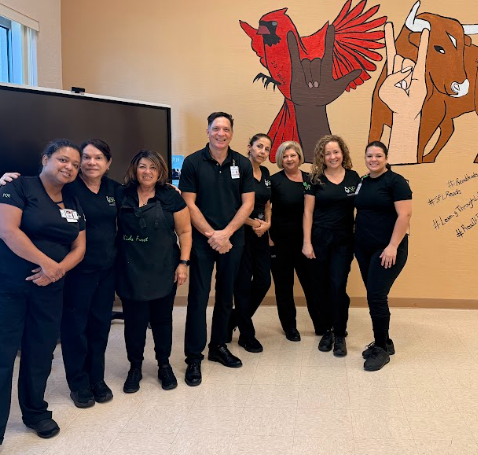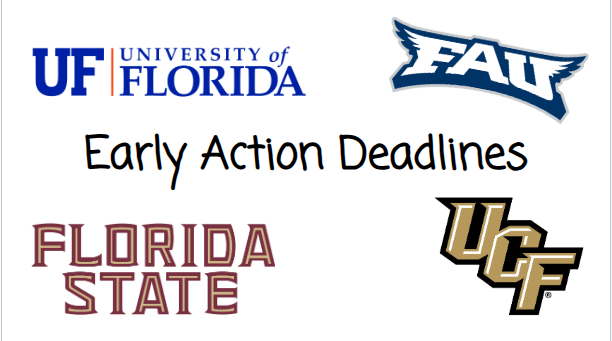As we approach college decision season for the class of 2024, the drastic change university admissions has gone through is ever apparent. Since just 2019, applications have increased at least 30% according to Forbes. Some states have even seen more than a 70% increase in college attendance following high school. While this may be attributed to the rising prevalence of a college degree in the competitive job markets of today, there are also reasons that have affected admissions as a whole.
In response to the COVID-19 pandemic, many universities adopted test-optional policies due to inaccessibility at the time. Because test scores were no longer the main indicator of a student’s intellectual ability, more applicants had a chance at competitive colleges. Institutions were also benefiting from this change as each application required a fee, averaging at $45. Some prestigious universities have fees even as high as $85 which has proven to be a large money making venture for the schools As a result, the test-optional policy remained a permanent part of almost all colleges. While this seems like it eases one’s chances of acceptance, it proved to be the contrary.
In the past, a high GPA, near perfect SAT or ACT score, and maybe an extracurricular or two was enough to be admitted into a prestigious university. However, with online resources raising these averages, students had to stand out in other ways. College admissions now emphasize soft skills as opposed to just statistics. This includes things such as community involvement, leadership skills, diversity awareness, and personal essays. Admissions officers want to see applicants pursue their passion to the greatest extent as opposed to trying out everything their school has to offer. They want to ensure their students will be change-makers both at their institution and after graduation. Thus, demonstrating the impact you have made in activities and your community holds the greatest value in an application. Being a “well-rounded” student is no longer a good thing because that means you aren’t excelling in the one area you want to major in. Admissions officers want to see students winning awards at the national level (debate tournaments, FBLA/DECA, science and math olympiads, sports, etc), getting state-wide recognition, or solving a genuine problem. Unfortunately, this requires students to have an idea of what they want to pursue as early as their Freshman year of high school. Yet, a lot of students are still unsure of this when they’re already in college. Although this is a difficult task, it has prompted students to spark positive change and make a difference. Regardless of whether they get into their top school, this has created a more productive generation with student-led non-profits, initiatives, and organizations.
This phenomenon has made it increasingly difficult to get into top universities and has made non-competitive universities more competitive. The future of college admission is uncertain, but has undoubtedly prompted a new era where identity, impact, and authenticity is valued over traditional academic success.
Students often focus on getting in rather than representing themselves authentically. This is the moment to think deeply about who you are and what matters to you. Have confidence in what you have done and trust where you are going. Believe in yourself and reflect carefully on how you want to present yourself. In the strongest applications we read, a student’s genuine voice stands out.”
—Stanford University admissions















